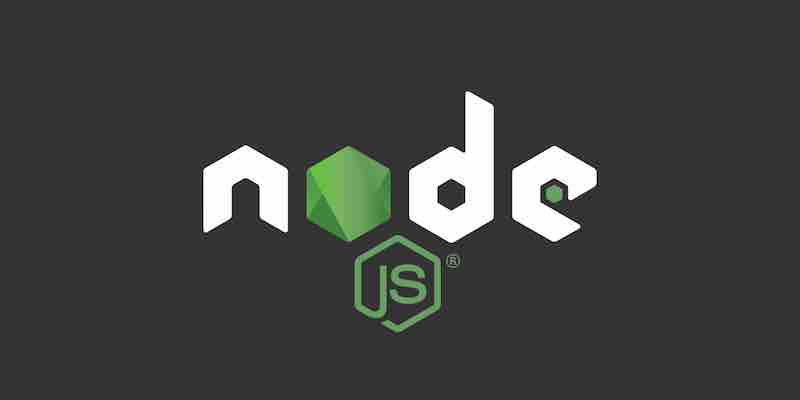Adapting to the Evolution of Web Development: Node.js and Django

Web development is dynamic, with new technologies, methodologies, and user expectations emerging regularly. As the digital landscape shifts, frameworks like Node.js and Django must adapt to stay relevant. Let’s explore how these two might evolve in response to the changing demands of web development.
1. Adapting to Evolving Web Development Needs
Node.js:
- Modularity and Microservices: As applications grow in complexity, there’s a shift toward a microservices architecture. Node.js, with its lightweight nature and npm ecosystem, is well-suited for this, allowing developers to build modular applications quickly.
- Serverless Architectures: With the rise of cloud computing, serverless architectures are gaining traction. Node.js can further streamline its integration with serverless platforms, offering developers a seamless experience.
Django:
- Asynchronous Capabilities: Modern web applications require real-time functionalities. Django might enhance its asynchronous capabilities, allowing developers to build more responsive applications.
- Integration with Frontend Frameworks: Django could offer better integrations with popular frontend frameworks like React or Vue, ensuring a smoother full-stack development experience.
2. Enhancing Security in an Increasingly Threatening Digital Landscape
Node.js:
- Built-in Security Features: While Node.js relies on developers to implement Security, it might introduce more built-in security features or tools, making it easier for developers to secure their applications.
- Improved Package Management: The npm ecosystem, while vast, has had security concerns. Node.js could introduce stricter package vetting processes or enhanced tools to detect vulnerabilities.
Django:
- Regular Security Updates: Django’s built-in security features are one of its strengths. Regular updates addressing new vulnerabilities will be crucial.
- Enhanced User Authentication: Django might introduce more advanced user authentication and authorization mechanisms, incorporating biometrics or multi-factor authentication by default.
3. Maintaining Relevance Amidst Growing Competition
Node.js:
- Community Engagement: One of Node.js’s strengths is its vibrant community. By fostering this community, encouraging contributions, and regularly updating its features, Node.js can maintain its edge.
- Performance Optimizations: As applications become more resource-intensive, Node.js might focus on further performance optimizations, ensuring it remains a top choice for high-performance applications.
Django:
- Simplified Learning Curve: To attract new developers, Django could focus on simplifying its learning curve, offering more comprehensive documentation, tutorials, and community support.
- Adapting to Modern Web Standards: Django can continue to evolve by adopting modern web standards, ensuring it remains a top choice for developers looking for a robust, modern framework.
In conclusion, the future of web development is promising, with endless possibilities. Both Node.js and Django have proven their worth in the industry. They can ensure their continued relevance and popularity by continuously adapting to the changing landscape.